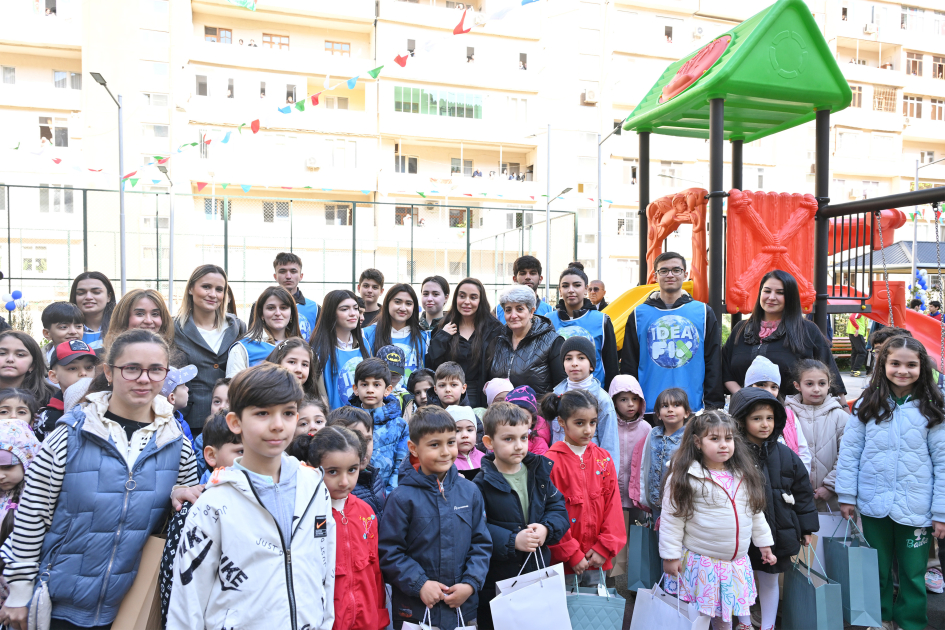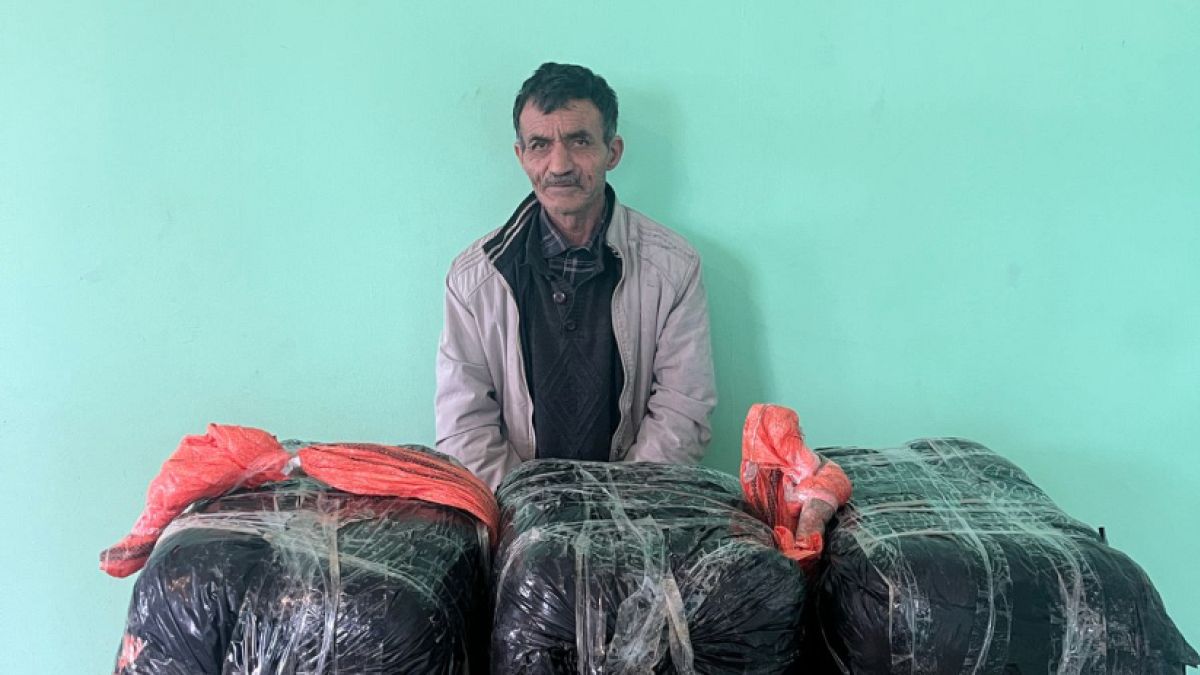Just over 300 asylum seekers were relocated from Italy this year under a French-inspired EU scheme. All went to Germany.
The voluntary scheme was hailed as historic at its launch in June last year, with over a dozen EU states pledging around a total of 8,000 spaces as part of the agreement to ease migrant arrival pressure following search and rescue operations.
The French had hoped for 10,000. But to date, only 884 people have been relocated, spread out across 16 transfers starting last August.
While most were relocated from Italy (512), others were taken from Cyprus (335), Malta (three) and Spain (34). The low figures are posing wider questions on EU asylum and migration reforms that seek to make relocation mandatory in times of crisis.
Even France, which had secured the solidarity declaration under its EU presidency, seems to have lost interest. In February, Paris relocated only 34 people from Spain and another 75 from Cyprus in March.
Yet the UN says some 26,800 migrants reached Italy by sea in the first three months of the year alone, compared to 6,400 in 2022.
Paris has not relocated any of the 26,800, following a spat with Rome over the disembarkation of migrants on the Ocean Viking rescue ship.
Germany has since taken the most with 678, followed by France (147), Bulgaria (23), Romania (21), Croatia (10), and Luxembourg (five).
The figures do not augur well for future solidarity efforts among EU states.
The European Commission, back in September, began to worry. Technical meetings in September and December highlighted numerous bottlenecks.
A similar relocation proposal has also been embedded in EU-wide asylum and migration reforms.
Last month, MEPs sitting in the civil liberties committee reached an internal agreement on the files in the hopes of starting negotiations with the Council, representing member states.
Among them is Tomas Tobe, a Swedish centre-right MEP.
Tobe is the lead MEP on the asylum and migration management regulation, a key bill governing EU-wide asylum rules.
It also includes a so-called annual solidarity pool based on projected needs of EU states. Those needs are then transformed into pledges in terms of relocations or other forms of help.
EU states under migratory pressure would be granted a fast-track access to the pool, he said last month.
“We are saying that 80 percent of the solidarity pool should be relocation, 20 percent could be capacity-building,” he said.
But in times of crisis, another set of draft rules are triggered, which would impose mandatory relocations.
The European Commission would then adopt a special binding rule to make relocations mandatory.
It is unclear if EU states will agree to the measures.
An internal EU paper dated 21 March on the asylum and migration management regulation, seen by EUobserver, suggests some member states are seeking to water down solidarity obligations.
Both Austria and Denmark, for instance, want to remove thresholds for relocations out of fear it would create a pull factor.
Juan Fernando Lopez Aguilar, a Spanish socialist MEP overseeing the crisis rules, says the discussions with the council may require further compromise.
“I know it’s going to be tough. I know there are some governments who do not want to talk of it,” he told reporters last month.
“I am well aware that at the end of the day, there will be some compromise that would not be to my liking,” he said.



















Discussion about this post